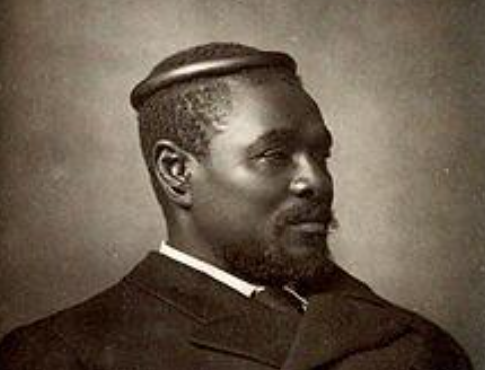Matthew Perry’s Ketamine Overdose That Shocked Hollywood

The sudden and tragic death of Matthew Perry nearly ten months ago left Hollywood and fans across the globe in shock. As the investigation into the circumstances surrounding Matthew Perry’s ketamine overdose slowly unfolded, it has now reached a dramatic climax with the announcement that five individuals have been charged in connection with the actor’s untimely demise. For those who cherished Perry, best known for his iconic role as Chandler Bing in the hit TV show Friends, this case has brought both sorrow and a harsh reminder of the dangers lurking in the shadows of addiction.
At the heart of this case lies the powerful anesthetic ketamine, a drug legally used in medical settings but increasingly misused for its hallucinogenic effects. Perry, like many others struggling with addiction, found himself in a perilous spiral, seeking out larger quantities of ketamine as his desperation grew. Investigators, who had been probing the circumstances of Perry’s overdose for months, have now revealed that the actor was caught in a web of both legal and illegal drug providers. What started as an off-label treatment for depression and chronic pain ended in a fatal overdose, raising serious questions about the boundaries between legal prescription and illegal distribution.
In recent developments, two individuals have already pleaded guilty to conspiracy charges related to Perry’s death. These include Kenneth Iwamasa, Perry’s live-in personal assistant, who allegedly played a direct role in procuring and administering the ketamine, and Eric Fleming, an acquaintance of Perry’s, who acted as a middleman in the drug transactions. Meanwhile, Dr. Mark Chavez, a San Diego physician, has agreed to a guilty plea for his involvement in facilitating the illegal distribution.
LIVE: Update on investigation into Matthew Perry’s death
However, the focus of the prosecution is now on two key figures: Los Angeles doctor Salvador Plasencia and drug dealer Jasveen Sangha, ominously dubbed the “Ketamine Queen.” Prosecutors allege that when Perry’s regular doctors refused to provide more ketamine, Plasencia stepped in, exploiting Perry’s vulnerability by charging him exorbitant amounts—up to $55,000 in cash over just two months. In a chilling display of disregard for Perry’s wellbeing, Plasencia reportedly texted a co-defendant, “I wonder how much this moron will pay,” a statement that has shocked many.
Sangha, on the other hand, is accused of supplying the lethal doses of ketamine that ultimately led to Perry’s death. Prosecutors allege that the drugs were injected into Perry by Iwamasa, using syringes provided by Plasencia. Both Sangha and Plasencia have pleaded not guilty, with Sangha’s lawyer dismissing the “Ketamine Queen” label as a sensationalised, media-driven moniker.
The stakes in this case are extremely high. If convicted, Sangha faces the possibility of life imprisonment, while Plasencia could be sentenced to up to 120 years in prison. Their trial, which may even see them tried together, is set to take place in October. But with such complex legal proceedings, it’s unlikely that the case will reach a jury by then.
This case has brought to light not only the dangers of ketamine misuse but also the ethical responsibilities of those in the medical and caregiving professions. It also underscores a broader societal issue: the thin line between medically sanctioned treatments and the slippery slope that leads to addiction and, tragically, death.
In the months leading up to this moment, prosecutors and law enforcement agencies have emphasised their determination to crack down on the illegal use of ketamine. Matthew Perry’s ketamine overdose is a painful reminder of how addiction can lead even the most beloved figures to desperate and dangerous actions. As the trial approaches, the world watches not just for justice for Perry, but also for broader lessons on the dangers of unchecked drug use and the role of those who enable it.
Matthew Perry’s legacy as one of television’s most cherished stars remains intact, but this case serves as a sobering testament to the very real struggles that often remain hidden behind the curtain of fame.
For more information on the legal aspects of the ketamine case and its implications, you can visit the National Institute on Drug Abuse.









